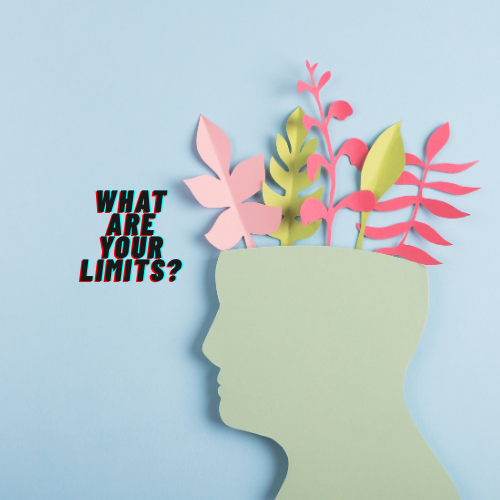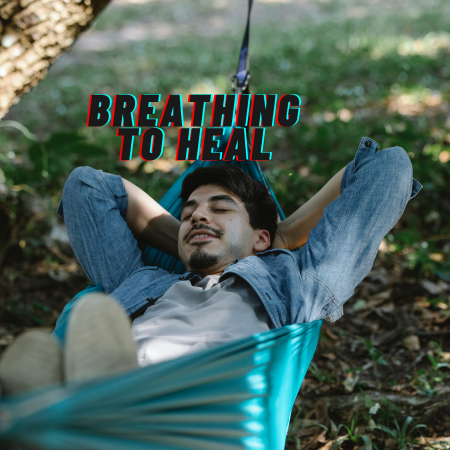Why Regular Eye Closure Can Boost Productivity and Focus
It is no coincidence that rest is needed to perform well in just about anything a person does. What is overlooked is taking time to rest, but a problem could be sensory input. Just about anywhere one is located, whether it is indoors or outdoors, there is exposure to different stimuli. Very much so, stimuli trigger a response in all living beings.
The eyes tend to get the most exposure and are also the most sensitive among the other senses. It is important to note that vision is heavily relied on, but with so much sensory input, it can cause some strain. Closing the eyes is like an off switch. Think of a computer running many programs; what could happen is that it overheats and the computer crashes.
Shutting the eyes for a few minutes periodically throughout the day can make someone feel rejuvenated.
The Issue with Overstimulation
Being overstimulated has many disadvantages. A person tends to feel stressed and less in control. Worst of all, having elevated cortisol levels, which is a stress hormone. All that being done, a person can experience anxiety, difficulty in focusing, fatigue, and feeling overwhelmed.
As mentioned, people experience many forms of stimuli throughout the day. When it compounds over time, it will lead to strain.
What Happens When The Eyes Are Closed?
It is quite an experience when closing your eyes. Especially what goes on internally. Neural activity, patterns, and automatic systems begin to make a shift. There is a sense of relaxation when closing the eyes, and when this occurs, the heart rate begins to slow down.
More importantly, the individual is concentrated on inner awareness. Focused on thoughts and what is occurring within. More or less inhibitory processes work best when the eyes are closed and one is breathing properly (Allows you to be in more control). There are parts of the brain that have increased activity, such as the prefrontal cortex, thalamus, basal ganglia, and others.

Periodic Resting
For someone to be as efficient as possible. A person should consider incorporating resting periods at the first sign of fatigue. This is important because when continuously working on a task, it can get tiring, and energy is needed.
For example, an individual could be working on a project, whether it is physically labor-intensive or sedentary work. There will be moments where they may feel somewhat tired but decide to work through it. However, as time proceeds, the person will begin to feel much more fatigued and will require longer rest.
Taking the time for short rest periods will allow for better performance and consistently working more (If the person decides to).
If you want to learn more about energy management, check out: Energy Management Over Time Management
Interoceptive State
Interoceptive state is when an individual’s brain is aware of what is occurring in the body, such as heart rate and sensations. This allows for better self-monitoring and better regulation of homeostasis. In this state, 2 networks contribute to better reorganization. Default mode network (Occurs during rest and focuses on mental processes) and sensorimotor network (Action and feeling).
- Less sensory input allows less strain and can offer internal stability.
- Stronger neural coordination.
- Body awareness and emotional regulation.
- Improves cognitive health.
The Practice
Closing your eyes is a super simple and effective method to rest. It would be ideal to sit somewhere comfortably where it is quiet and somewhat dark (or at least mostly quiet). Close your eyes for 5 to 10 minutes and breathe properly.
Doing this multiple times a day would be beneficial.
Frequency: A person can do this 3 to 5 times a day, depending on how much time they feel they need.
Duration: If considering putting in 5 to 10 minutes each session, that could equate to:
- 15 to 30 minutes a day (if doing it 3 times)
- 25 to 50 minutes a day (if doing it 5 times)
Try it out! Incorporate this into your convenience!

Closing
Rest is an essential part of all things living. It keeps a person functional and optimal. Rest allows for regaining energy and helps regulate biological processes to optimize and maintain health. With much occurring in everyday life, whether it is working, doing a project, or experiencing some sort of demand, using strategies to rest periodically will help tremendously.
Closing your eyes is one method that will help you check in and gather yourself. And with very much less external stimuli being processed. This gives the brain the opportunity to fully recover from much of the work it has been doing throughout the day.
If you found this post helpful, please consider sharing and subscribing 😀






